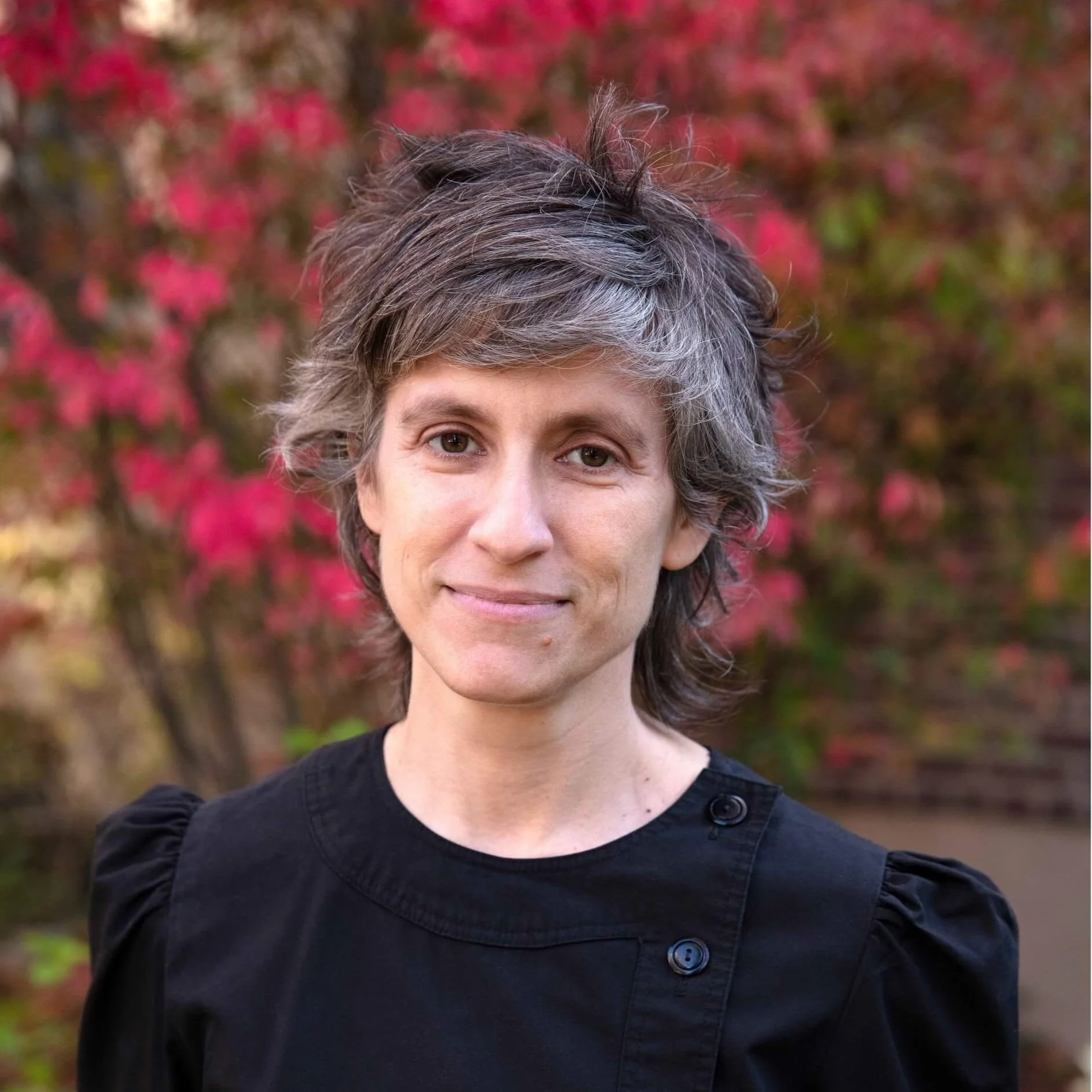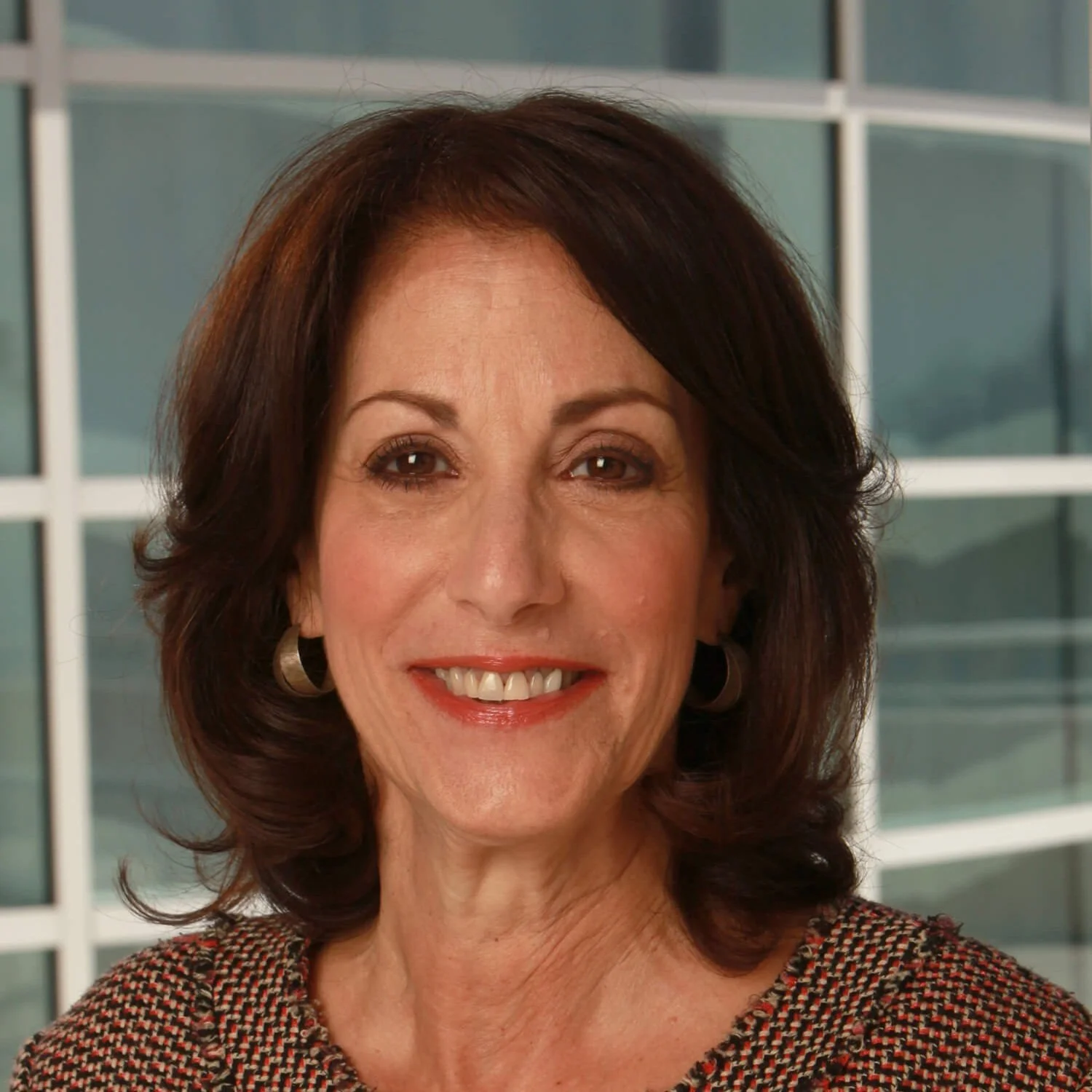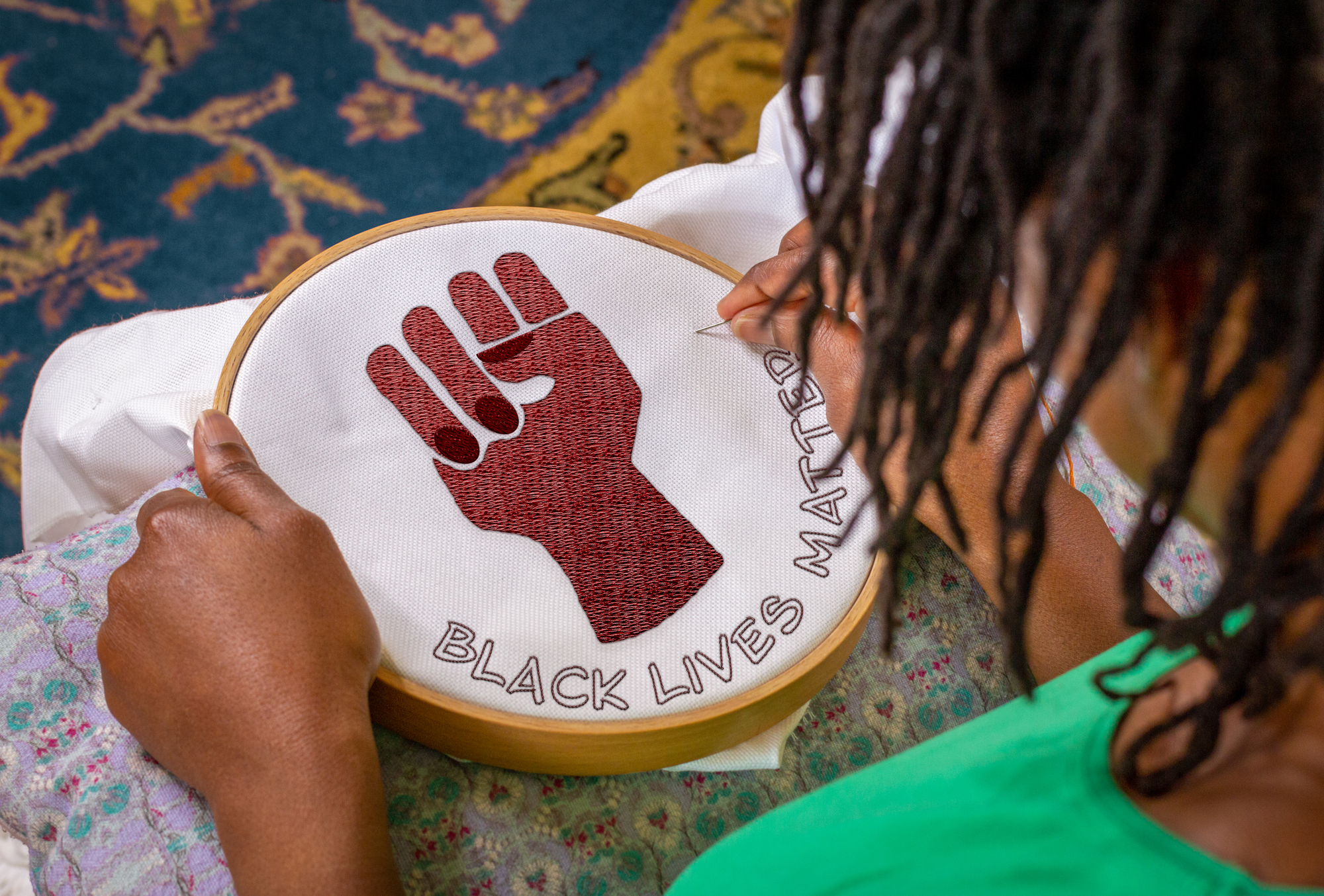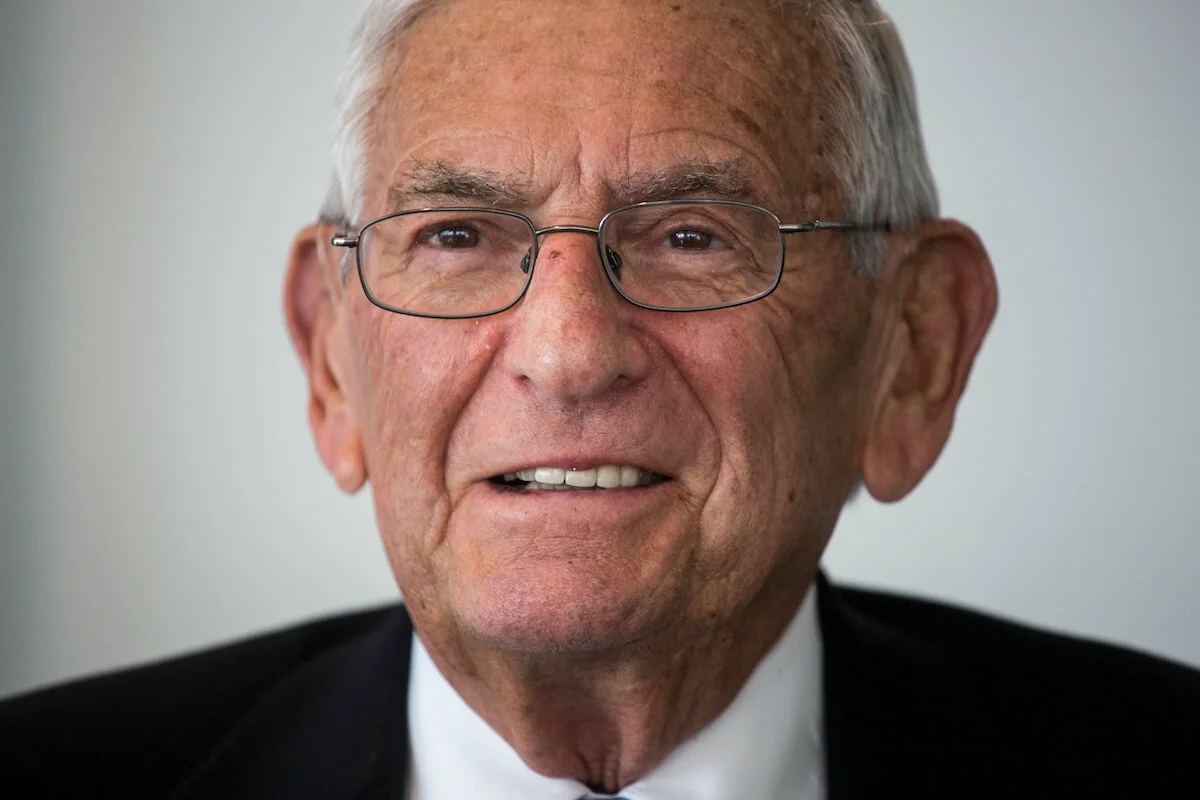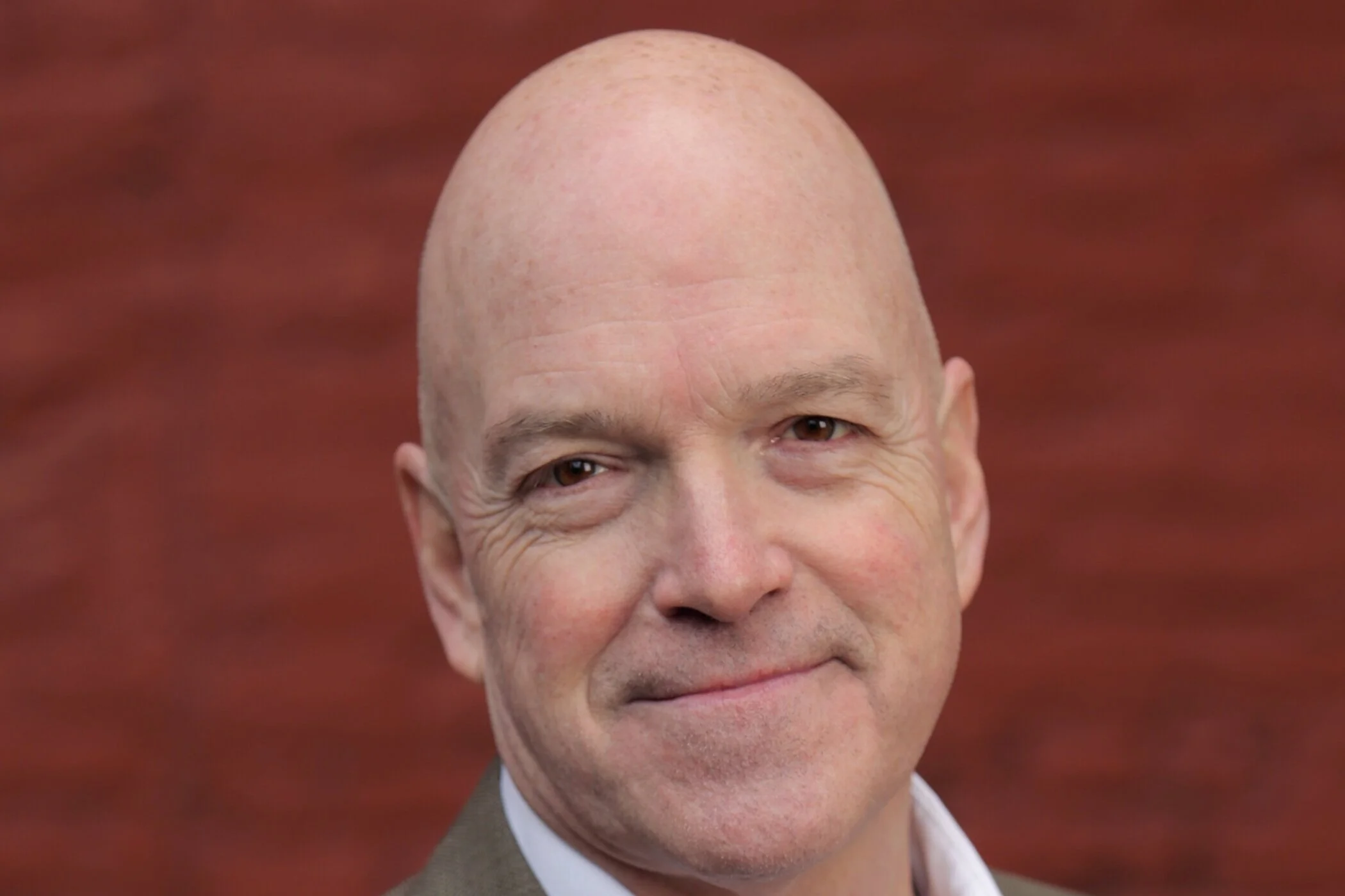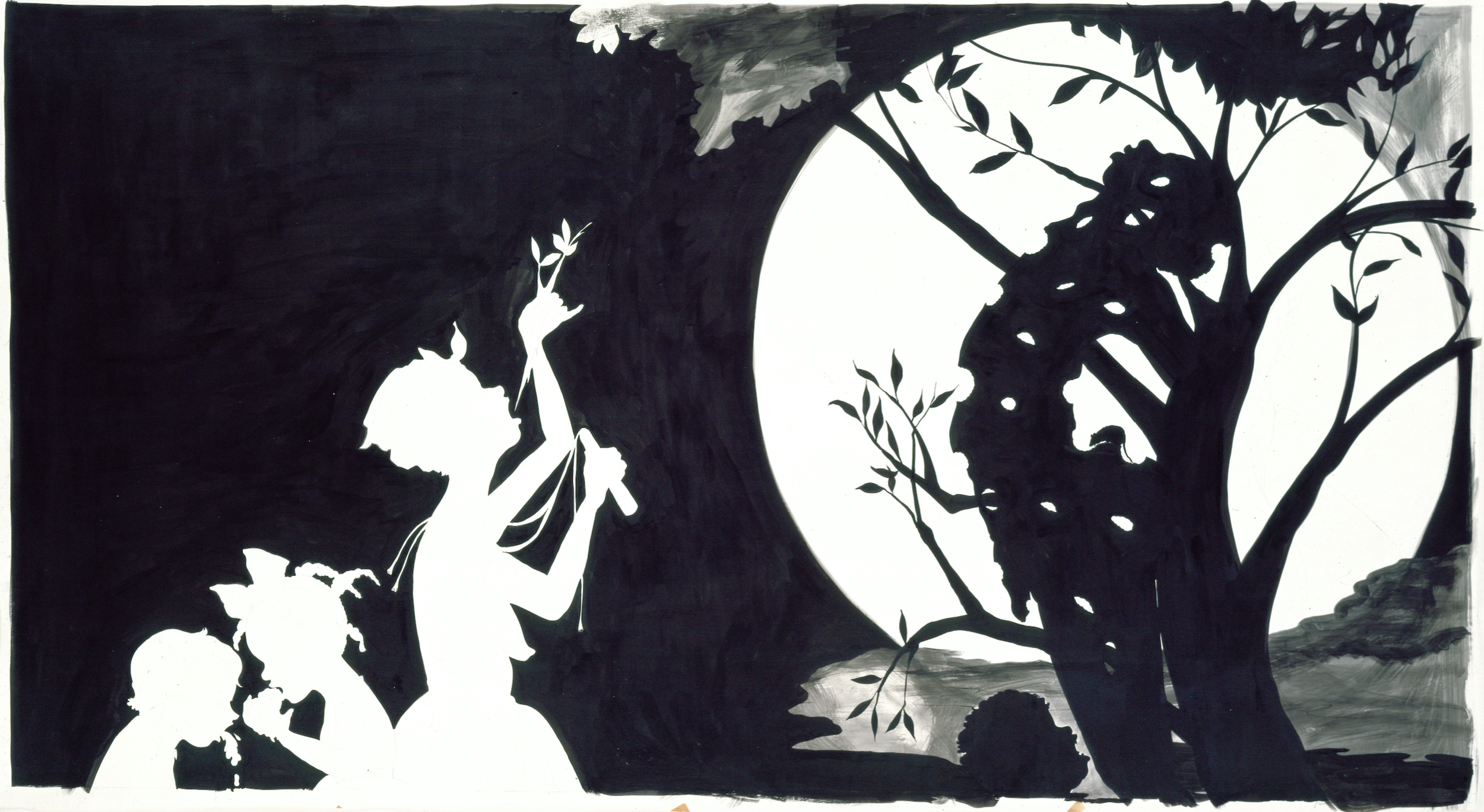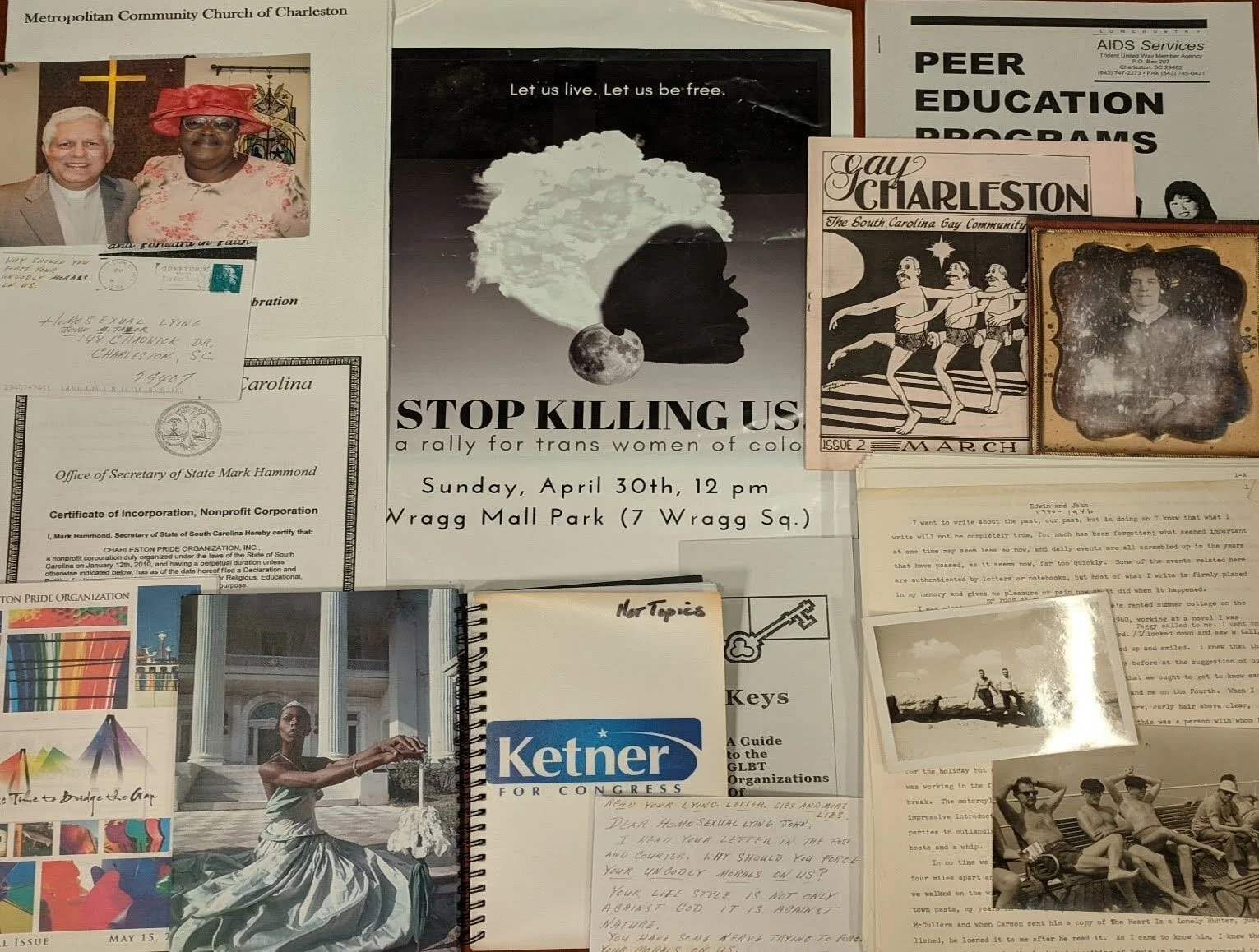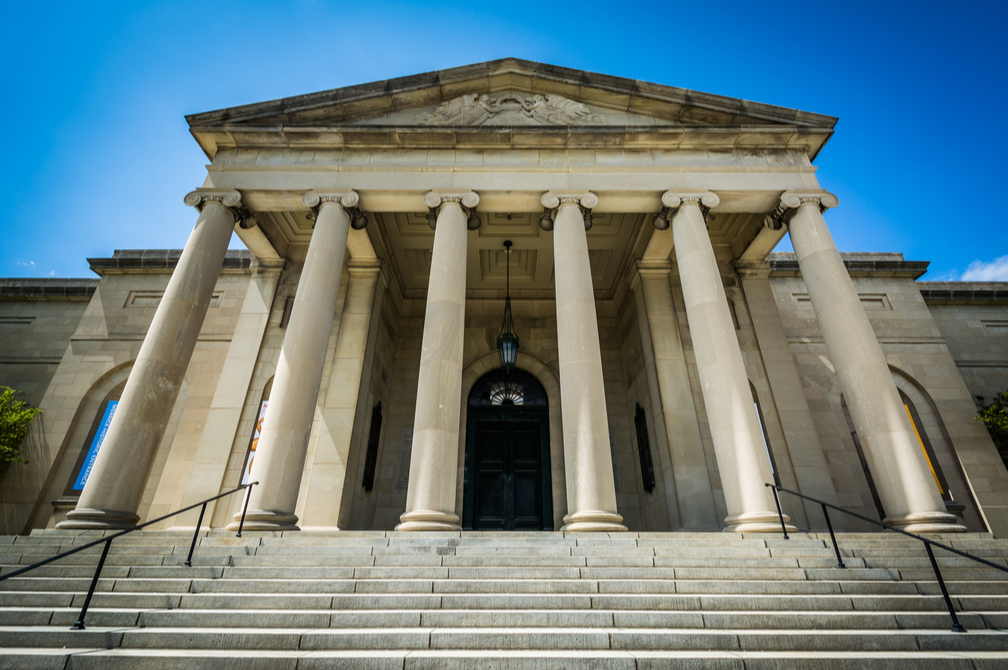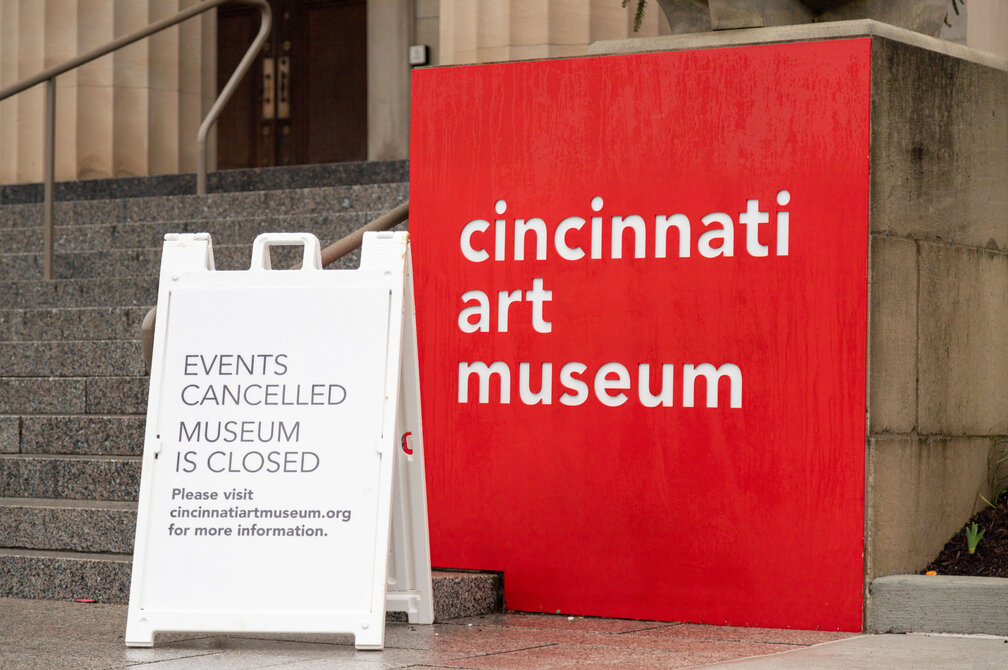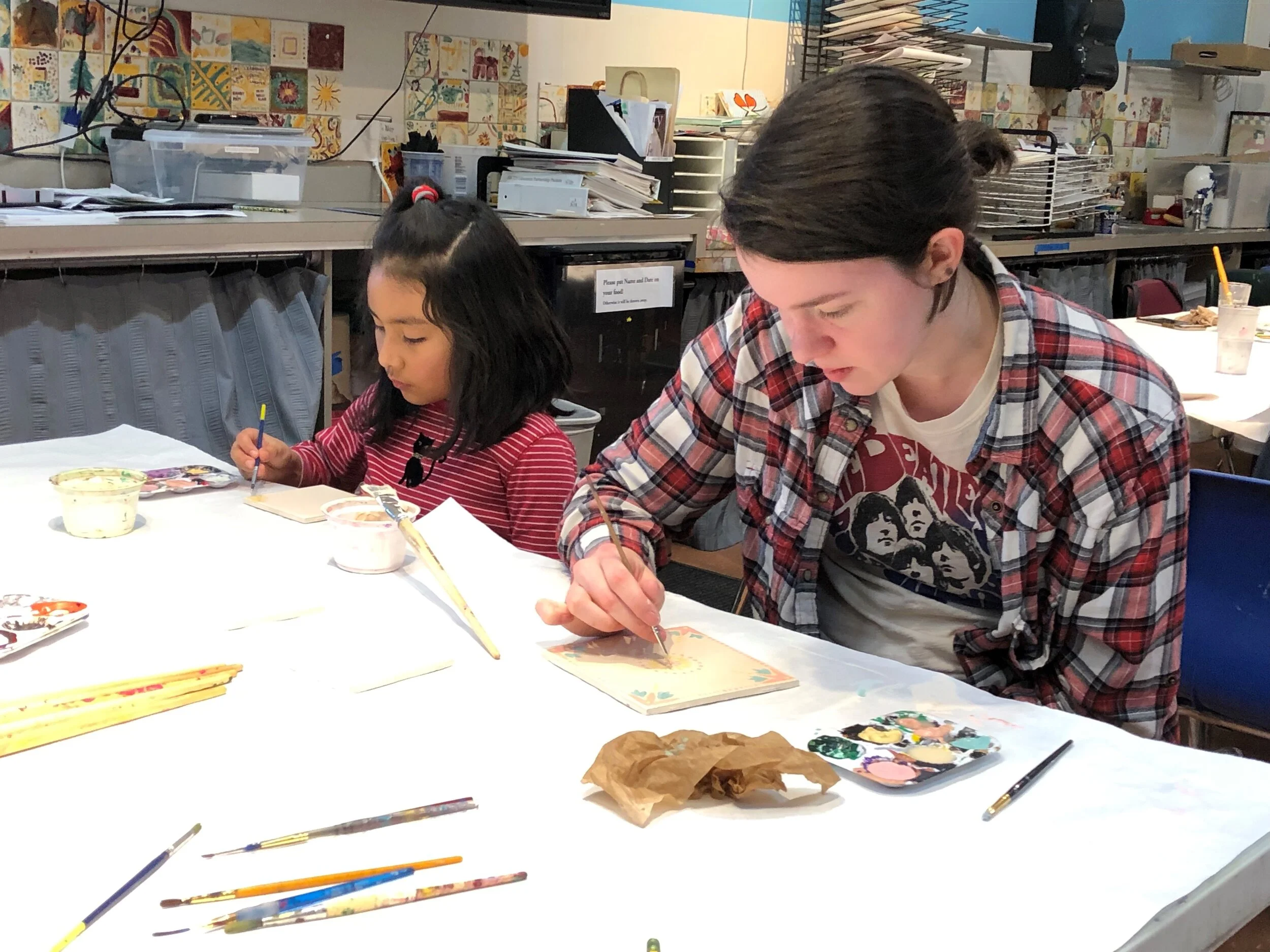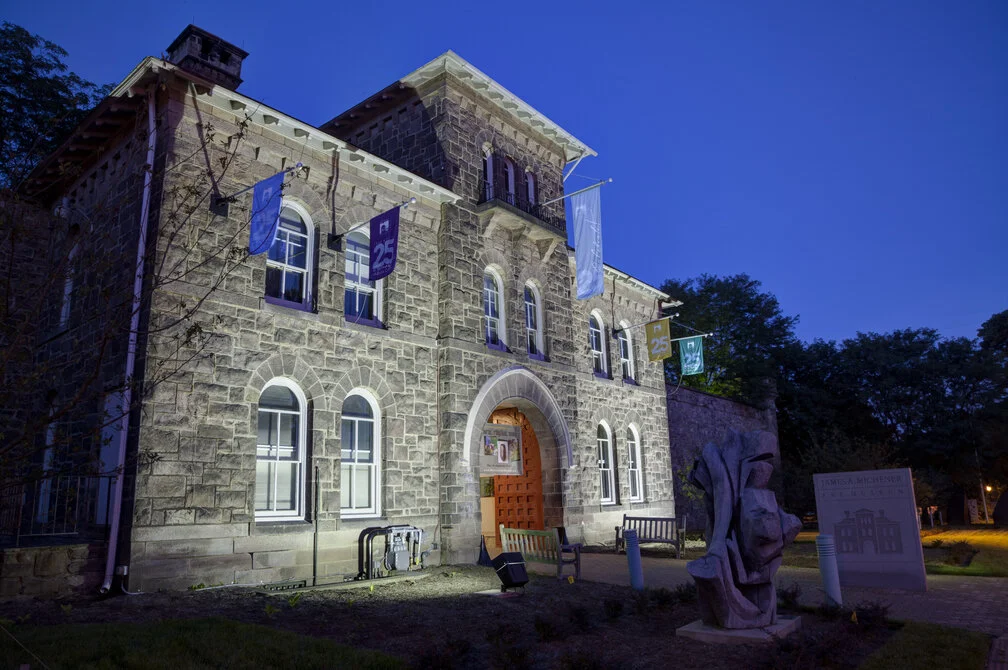Why Did the Robert Rauschenberg Foundation Double Down On This One Issue?
/Here's a helpful tip: If you're working in your cube and your boss pops in, don't tell her you're multitasking. That term is on the outs, and that's because, well, multitasking is a receipe for unmitigated failure.
We won't bore you with the scientific research, but the takeaway is pretty intuitive. Research has consistently shown that when you try to execute multiple tasks at once, the quality of each task suffers.
Multitasking's flaws raise an interesting question. Does this phenomenon translate to the world of grantmaking, particularly for foundations devoted to remedying societal ills? After all, there is no shortage of societal problems out there. Could a foundation be more impactful by focusing on one rather than, say, six?
This thought came to mind after stumbling across news regarding the Robert Rauschenberg Foundation. As readers may recall, the foundation is at the forefront of grantmakers who view artists as vehicles for social change. Central to this vision is the foundation's Artist as Activist fellowship, a two-year grant designed to support the growing body of independent artists who are leveraging their work to highlight societal ills. Inaugural winners were announced earlier this year.
This brings us to news that the foundation issued a call for artists to propose "ambitious projects addressing racial justice through the lens of mass incarceration." Artists chosen will receive up to $100,000 for a two-year fellowship. The deadline for applications is December 7, 2015, and awards are granted in April next year. Rauschenberg is using the Artist as Activist fellowship to focus exclusively on this issue for the next two years.
To hear foundation Director Christy Maclear tell it, the decision boiled down to tangible, real-world results. "We felt it might be more effective to focus specifically on a targeted issue," she noted. The foundation hopes to create catalytic funding and a narrower field of applicants that could "increase the effectiveness on addressing an issue."
"More bang for the buck," in other words.
Which brings us back to the perils of multitasking. Clearly, Rauschenberg, like all foundations, can walk and chew gum at the same time. That is, if its goal is to drive positive social change, it could juggle multiple social challenges simultaneously and move the respective dials. But how fast and how far? To hear Maclear tell it, there's something to be said for concentrating efforts on a single issue to drive maximal impact. (Maclear's logic echoes that of IP's David Callahan, who encouraged Ford Foundation President Darren Walker to resist the urge to be everything to everyone.)
This brings us to our last point. Of all the issues out there, why mass incarceration? According to Maclear, access to higher education, affordable housing, wealth inequality, voting rights, immigration rights, and gun control were all on the table. Yet, as Maclear notes, the foundation's philanthropy committee concluded that "racial injustice and mass incarceration was a systemic problem brought about by most, if not all, of these issues. It allows for varied approaches but has one larger effect."
From our vantage point, the issue has something else going for it. As the Huffington Post recently noted, in the highly polarized U.S. political climate, sentencing reform is one of the few issues on which both the left and right find common ground. Does that make it more likely Rauschenberg and its artists can drive the debate? We think so.
















